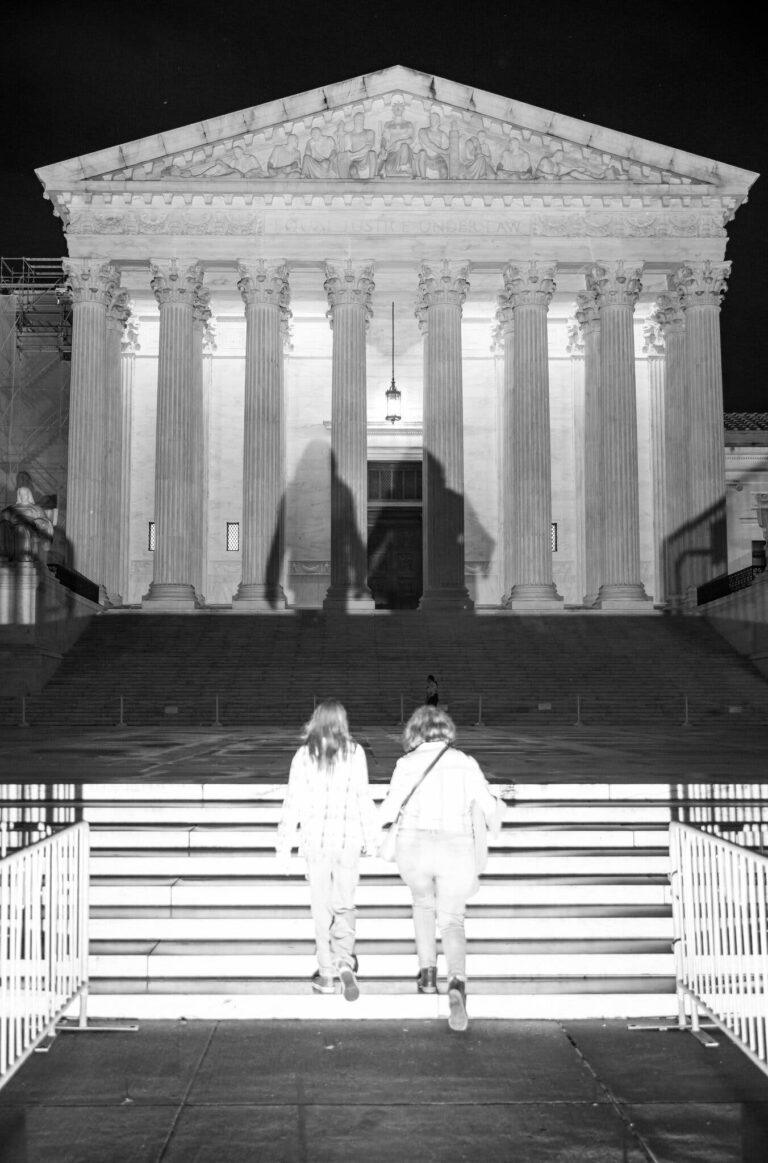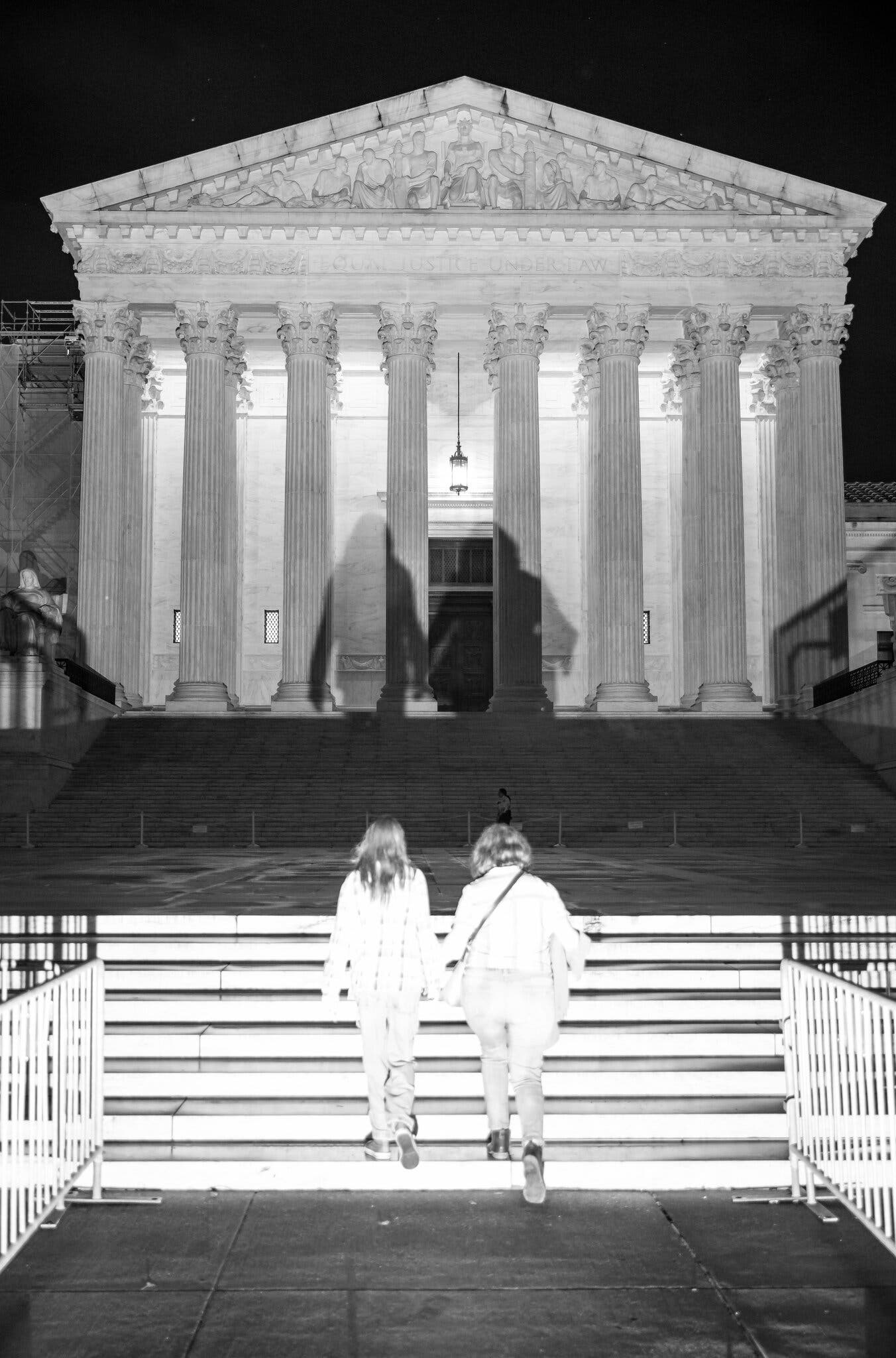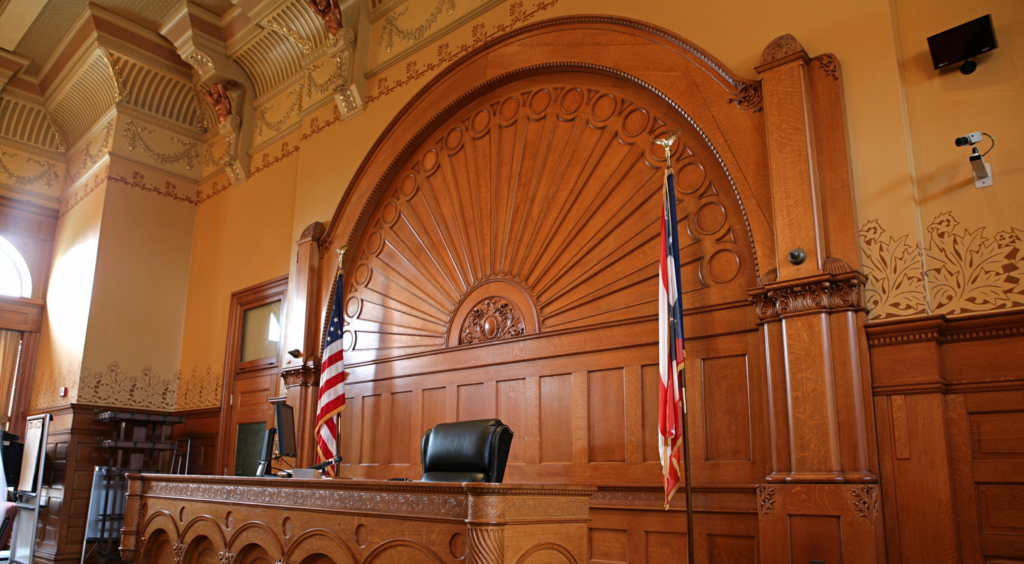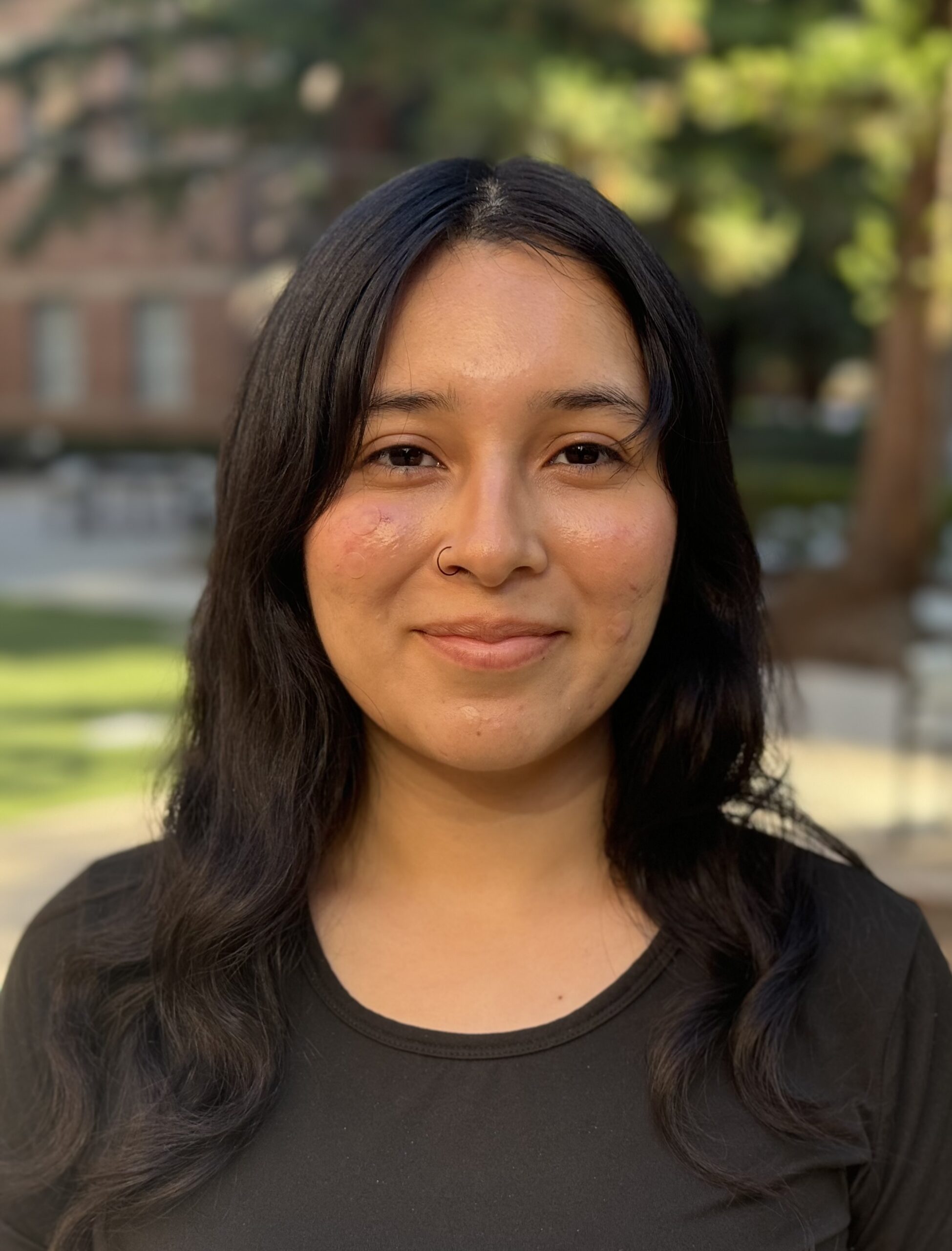More Native judges on the federal bench
Say It Louder
Morgan Saunders is staff attorney at the Native American Rights Fund. Lena Zwarensteyn is the senior director of the fair courts program at The Leadership Conference on Civil and Human Rights.
In his Native American Heritage Month proclamation this year, President Biden touted the “dozens of Senate-confirmed Native American officials, and over 80 Native American appointees serving across my Administration and in the Federal courts.” While Interior Secretary Deb Haaland (Laguna Pueblo) stands out as a powerfully important example of Native representation in the federal government, Native judges remain severely underrepresented on our nation’s federal courts.
Before the Biden administration, fewer than 10 Native Americans, Alaska Natives, or Native Hawaiians total — out of thousands — have ever served as lifetime judges. This historical exclusion has long been unacceptable. And, while the Biden administration and this Senate have made some progress, much more is needed. To date, Native American lifetime judges have only served in six states (Arizona, California, Maryland, Oklahoma, Texas, and Washington), in addition to four Native Hawaiian lifetime judges who have only served on the District of Hawaii.
Read the rest on Yahoo News
Culture is how we heal generational violence
More Of This

Abby Abinanti, Yurok Chief Judge is an enrolled Yurok Tribal member and was the first California tribal woman to be admitted to the State Bar of California.
Californians are living amid a crisis of Missing and Murdered Indigenous Women – with at least 40% of deaths being connected to domestic violence or intimate partner violence. November is Native American Heritage Month so everyone should reflect on the impacts of domestic violence on our communities and what we can do to better support people experiencing violence. Within Native communities, it’s important that when we talk about domestic violence, it is not divorced from the generations of violence we have experienced. As Chief Justice of the Yurok Tribe, I know how serious the problem is.
We can trace the deep-rooted violence in Native communities from the invasion only 175 years ago, when the Gold Rush drew settlers to California who killed an estimated 75% of Yurok members by massacre or disease. Instead of protecting us, our first experiences with law enforcement were when officers stole Native children to force them into Indian boarding schools, tearing families apart and erasing our culture—a story that has touched all of our families. Many living Yurok citizens’ parents and grandparents experienced the internment camp-like conditions in the so-called boarding schools. My Tribe’s language is a clear reminder of the scars that remain. Translated into English, the Yurok word for “law enforcement” is “men who steal children.”
Read the rest on OC Register
The conservative vision for the future is inequality for women
Less Of This

Melissa Murray is a law professor at New York University. Kate Shaw is professor of law at Cardozo Law School. They host the Supreme Court podcast “Strict Scrutiny.”
The Supreme Court last week heard oral arguments in United States v. Rahimi, a challenge to a federal law that takes guns away from people subject to domestic violence restraining orders. From the moment the court agreed to hear the case, advocates hoped it would provide an opportunity for the court to limit the sweep of last year’s blockbuster decision expanding gun rights.
Coming out of the arguments, it appears that the disturbing facts of the Rahimi case will likely prompt at least some conservative justices, and the court, to uphold the gun law in question. Such a decision could bode well for the constitutionality of other gun safety regulations — especially red or yellow flag laws, which disarm individuals who pose a threat to themselves or others.
Read the rest on NY Times
The fringe legal theory that could destroy the government
Speaking Of...

Noah Rosenblum is a professor at New York University School of Law.
This Wednesday, the Supreme Court will hear a case that poses the most direct challenge yet to the legitimacy of the modern federal government. The right-wing legal movement’s target is the “administrative state”—the agencies and institutions that set standards for safety in the workplace, limit environmental hazards and damage, and impose rules on financial markets to ensure their stability and basic fairness, among many other important things. The case, Securities and Exchange Commission v. Jarkesy, threatens all of that. Terrifyingly, this gambit might succeed.
The case involves garden-variety securities fraud. George R. Jarkesy Jr., a right-wing activist and conservative-radio talk-show host, ran a pair of investment funds with $24 million in assets. But he misrepresented how the funds were run, paid himself and his partner exorbitant fees, and inflated the assets’ value. As punishment, the SEC fined him several hundred thousand dollars and prohibited him from working in some parts of the securities industry—very standard stuff.
Read the rest on The Atlantic










